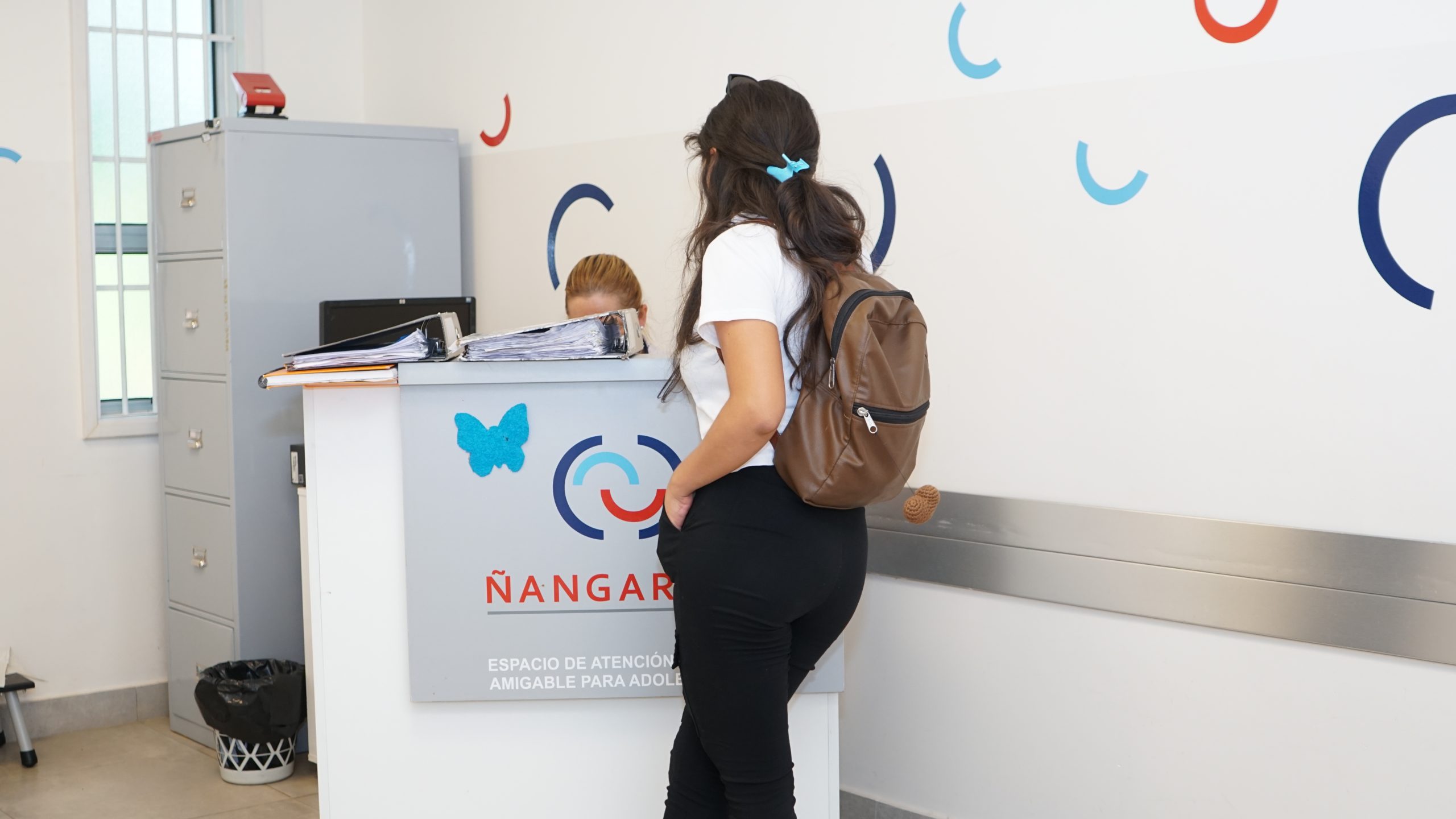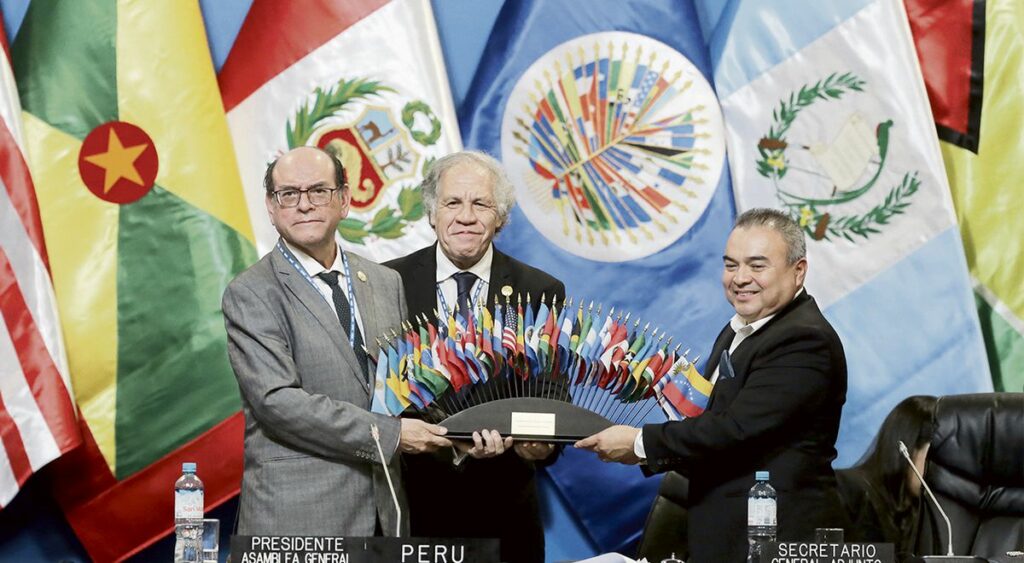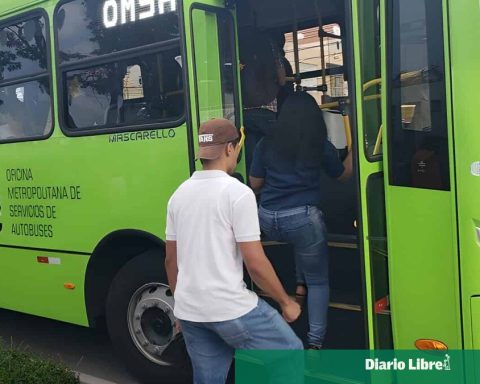On Monday, October 10, World Mental Health Day is celebrated by the World Health Organization (WHO), with the aim of raising awareness about mental health problems around the world. This year’s theme is: “Making mental health and well-being a global priority.”
According to the WHO, after COVID 19 there was a 25% increase in diagnoses of anxiety and depression worldwide. The main disorders detected due to the pandemic, worldwide, are insomnia, post-traumatic stress disorder, depression and anxiety. An article published at the end of 2021 in The Lancet magazine estimates that depressive disorders have increased by 27.6%; and those of anxiety, 25.6%.
Mental health is an issue that has always been present; however, there is great ignorance about it. Taking into account that the pandemic deepened the problems related to mental health that the population already had, it is necessary to make visible and normalize the conversations around this, generating instances to address the issue, in order to demolish myths and put aside stigmas. . All actors, from their role in society, must contribute and propose solutions and tools to achieve well-being in people.
According to the WHO, mental health “is a state of mental well-being that enables people to cope with life’s stressful moments, develop all their abilities, be able to learn and work properly, and contribute to the betterment of their community”.
CONCERNING: MENTAL HEALTH IN ADOLESCENTS
Mental health in adolescents is a matter of much more concern, due to the stage that in itself brings great changes and sometimes leads to certain situations that cannot go unnoticed.
According to Vilma Jara, a clinical psychologist at the Adolescent Home of the San Lorenzo Maternal and Child Hospital (Calle’i), there are several challenges and problems surrounding adolescent mental health. In that sense, she commented that these occur “due to the various situations that affect their emotional and physical well-being, since many times they cannot develop the recovery capacity to face various situations of adult life. From the office, we observe some more frequent symptoms or mental disorders that appear in the youth population, such as anxiety disorder, depressive disorder, sleep disorder, cutting (self-inflicted lacerations), among others, ”says Jara.
There are several factors that lead adolescents to this situation, among which are, mainly, in the family environment, according to Jara, “you see boys who live only with mom, with dad, with grandparents, with uncles , or strangers, not only in dismembered families is this seen, but also in structured families where these situations occur with respect to demanding or strict parents, often due to their absence due to work issues and they are left in charge of strangers.
He added that situations such as “cutting or lacerations in the body that occur is because the adolescent has an instability of emotional behavior, impulsiveness and unpredictability and impotence, hopelessness or lack of courage where when bodily injuries occur it is like an escape for them, because that alters their mood, and they end up in a state of emotional confusion that apparently brings them relief from a situation that implies stress, inflicting a wound on their body.”
To this we must add that “adolescents currently spend less time interacting with their friends and family in person, face to face,” he says.
Finally, it urges to pay more attention to these situations that occur in the youth population of our country.
The Juan Rassmuss Echecopar Foundation has been working since 2018 supporting the Ministry of Public Health and Social Welfare with the creation and operation of the Ñangareko adolescent spaces, where they also provide care in the area of Psychology.
These spaces work by providing health and emotional support in the Hospital de Clínicas, the Barrio Obrero Hospital, the San Pablo Maternal and Child Hospital, the Fernando de la Mora Hospital, the San Lorenzo Maternal and Child Hospital (Calle’i), and the Luque Hospital.
HEALTHY INITIATIVE
The Rassmuss Foundation, of Chilean origin, is carrying out a new program on mental health, neuroscience, psychology and good living in order to deliver tools to people from the hands of various experts. Sana Mente, is the first TV program on mental health produced in Chile and broadcast by CNN Chile, and also broadcast on the YouTube platform https://youtube.com/playlist?list=PLbcHNuPXAd-lqXlXEny4D0QO_GYUVuukT
and that was born as a result of the consequences left by the crisis caused by the coronavirus.
It is a space that addresses human well-being and mental health from different perspectives: neuroscience, emotional education on problems and pathologies, techniques that help achieve a greater sense of well-being, among others.


















